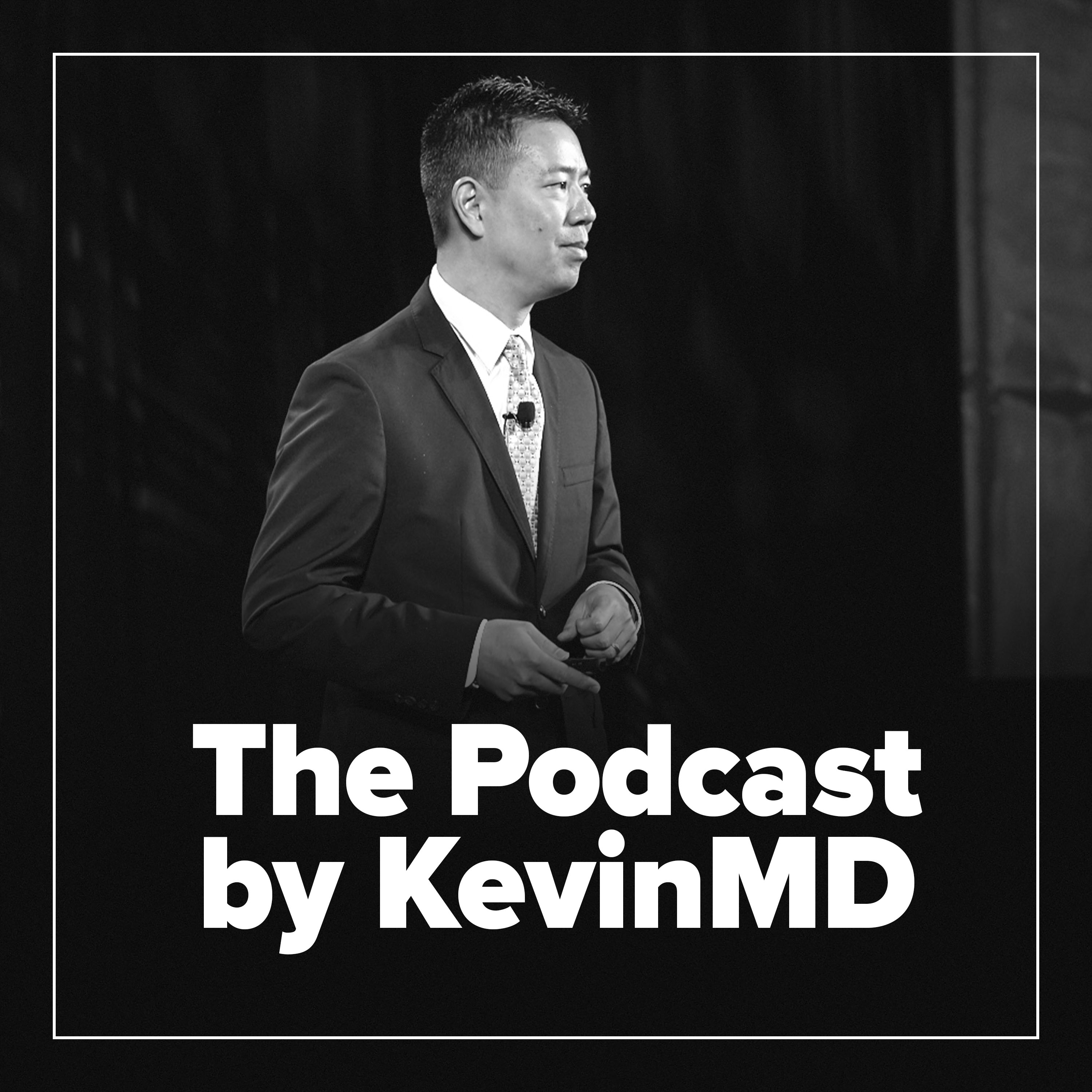What physicians today can learn from the history of surgery
“Billroth spent long hours dissecting cadavers and planning on surgical interventions. He was able to pioneer abdominal surgery with careful preparation and strict adherence to meticulous antiseptic technique. Animal experimentation and cadaveric-rehearsed surgery emboldened the Viennese professor; perhaps the abdomen could be entered. Nothing short of a ‘godlike creative spirit,’ as Mukherjee calls it, would suffice when it came to intestinal surgery. Vienna has a centuries’ old reputation for virtuoso performances; with Imperial spirit, maestro Billroth would take his place for master class performances in the greatest theater in the City of Music: the Allgemeines Krankenhaus operative theater.
In 1872 Billroth resected a portion of the esophagus and joined the ends together. In 1873, he performed the first complete excision of a larynx. Even more amazing, he became the first surgeon to excise a rectal cancer, and by 1876, he had performed thirty-three such operations.
What seems commonplace today (abdominal surgery) is nothing short of a stupendous magic act, in reality.”
David J. Schneider is an orthopedic surgeon and author of The Invention of Surgery: A History of Modern Medicine: From the Renaissance to the Implant Revolution. (https://amzn.to/2CtzDQb)
He shares his story and discusses his KevinMD article, “Surgery is nothing short of a stupendous magic act.” (https://www.kevinmd.com/blog/2020/03/surgery-is-nothing-short-of-a-stupendous-magic-act.html)
































